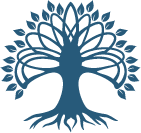World Games — Amor Fati — Four Winds — Adinkra — AW Crossing-Borders
A contemplative and educative game
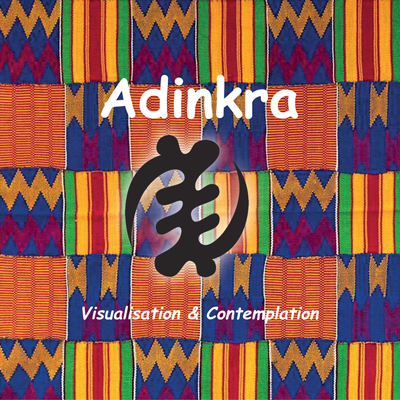 Adinkra addresses the ethics and orally transmitted wisdom through the use of symbols and proverbs from Ghana, West Africa.
Adinkra addresses the ethics and orally transmitted wisdom through the use of symbols and proverbs from Ghana, West Africa.
The proverbs and symbols are arranged according to the symbolism of the five natural elements as an expression of the cultural perspective of the Akan people.
“Adinkra” means “farewell” in this symbolic language, which can be found on fabrics, royal emblems, gold weights, buildings, jewellery and regalia.
Akan
The Akan are an umbrella cultural group living in Ghana, Togo and Côte d’Ivoire, with the Asante population from Ghana being the largest.
The Asante are known for their strong visual and proverbial forms of communication. They have a high context culture, which means, among other things, that they communicate indirectly (compared to linear speech) through imagery and sayings.
The spokesman (okyeame) of the traditional authorities (the Asante chieftains and queen mothers) use Akan proverbs and Adinkra symbols to convey the messages of these royals to the living.
Adinkra Symbols
For example, the okyeame may use a staff bearing the Adinkra symbol nkabon (meaning “cooperation” in Twi, the Akan language) to convey the message that the chief will approve the plans of his subjects.
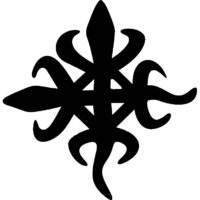
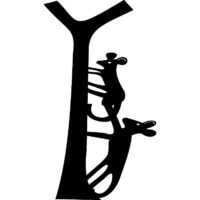
The proverb associated with this Adinkra symbol is nea ɔforo dua pa na yεpia no. Symbolically, this means that whoever is morally on the right track, or in other words climbs the right tree, will receive the help of others.
A contemplative game which is both challenging and fun
- The game of Adinkra expands your understanding of the ethics and orally transmitted wisdom hidden in the symbols.
- Adinkra is suitable for groups and teams for an exercise with an indirect form of communication and an introduction to traditional African wisdom.
- Play Adinkra and get to know each other on a deeper level.
- Get acquainted with a high context culture and practice with an indirect form of communication.
- Central are the symbols and proverbs of the Akan in Ghana
- Which proverbs and symbols correspond?
- Expand your understanding of your own cultural thinking patterns by learning about traditional African wisdoms, philosophy and ethos.
While you enjoy playing you learn about the wisdom tradition of the Akan!
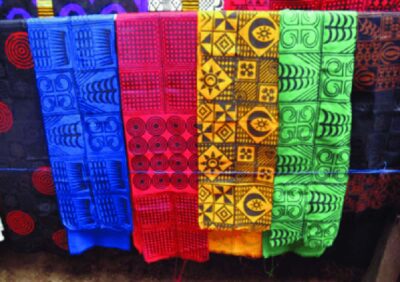
“It is the tradition of the Asante to wear cloths decorated with Adinkra symbols on important occasions, especially at funerals of family and friends. In doing so, they offer a final salute to the deceased.”
By playing Adinkra you experience both differences and similarities with the world of the Akan people, their African ethics and their native wisdom.
The aim of the game is not to win, but to establish intercultural communication. The game enhances the understanding of both your own cultural background and that of the Akan people.
The main questions for the Adinkra game players to answer are:
- Do you think like an Akan group or do you think differently?
- If so, how and in what way does your interpretation of their proverbs and symbols differ from that of the Akan?
ISBN: 9789492127068
- Adinkra — intercultural Communication game
- Duration: one (half) day
- Participants: 2 to 20 players.
- Age: for young students, professionals and wisdom seekers!
- Suitable for a family reunion, associations, clubs of friends, a cultural team day, team training intercultural differences; guest lectures for students, teachers and other professionals, administrators and managers.
Playing material
Box contains:
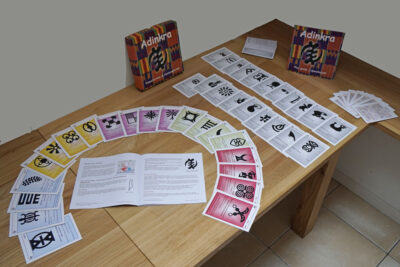
- 1 Instruction guide (40 pages)
- Both in Dutch and English 4 instruction cards
- 20 Playing cards for Round 1 with classical Adinkra symbols (in colour)
- 20 Playing cards for Round 2 with modern Adinkra symbols (in black and white)
- 4 Fill-in booklets with each 20 form
Purchase: Adinkra
Inquire and purchase: info@questforwisdom.org.
Request for Purchase:
Bookstore Pezzi-Pazzi, Slijkstraat 46, 1381 BA Weesp, t: 0294-769007 en
Gamestore Subcultures, Oudegracht 183, 3511 NE Utrecht, t: 030-7371007; m: 06-87918571.
The Adinkra Team
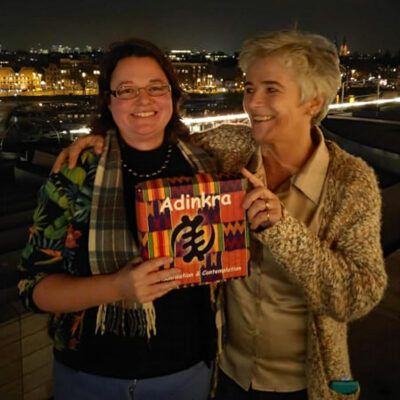
Author of the game
Dr. Louise F. Müller m.m.v. Dr. Heidi S.C.A. Muijen
Editoral and graphical production
Ir. Joke M. Koppius-Odink
The development, design and production of ‘Adinkra’ is partly thanks to:
Peace Amate (modern Adinkra symbols), Peggy Appiah, Dr. Kofi Dorvlo, Greg Suffanti, Engr. Richard Okine
The Asante proverbs come from the book “Bu Me B” by the British children’s book writer Peggy Appiah (1921-2006). Peggy lived most of her life in Kumasi, where she collected thousands of Asante proverbs.She was the wife of the Ghanaian politician Joe Appiah and the mother of the renowned Ghanaian-American philosopher Kwame Anthony Appiah.
TThe modern Adinkra symbols were collected by the Ghanaian Peace Amate, who wrote her Master’s thesis on these symbols. See: Amate, Peace. 2011. Visual representation of selected Akan proverbs in Ghana: Their philosophical and socio-cultural values. MA-thesis. Department of General Art Studies, Kwame Nkrumah University of Science and Technology.
Update 2022-07
[1] Bron: Poirier, L., et al. (2014). Ghana Adinkra Symbols. Adinkra Symbols. Math is a Verb: Activities and Lessons from Cultures Around the World. L. Poirier, R. Eglash and B. Babbitt. Reston VA, National Council Teachers of Mathematics Publishers: 61-74., p. 62.
